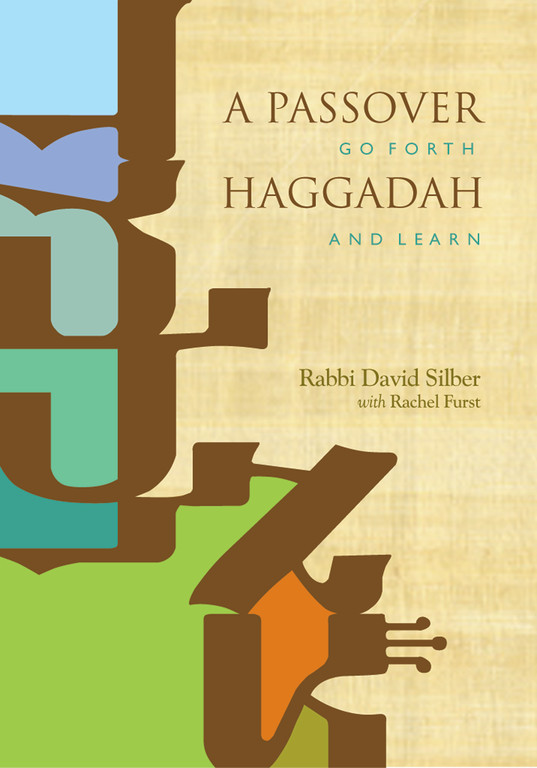The Kosher Bookworm: The connection between Exodus and Sodom is a Lot
As with every year, this year being no different, we are witness to the issuance of new commentaries on the Haggadah that serve to help enrich our appreciation of the annual observance of the Pesach Seder.
Rabbi David Silber founder and dean of the Drisha Institute in New York has put together an anthology of essays as well as a complete translation and commentary of the Haggadah titled, “Go Forth and Learn” [Jewish Publication Society, 2011] that encompasses some very unusual takes on the content and theology of this home-based liturgical work, a ritual unique to our faith.
One essay in particular has caught my attention. “Lot and the Destruction of Sodom: A Prefiguring of Exodus” is a work of thirteen pages dealing with the linguistic and historic relationship between the stories of the destruction of Sodom, the fate of Lot and his family, the Egyptian slavery and the Exodus experience of the Jewish People centuries later.
Drawing upon the linguistic similarities between the biblical verses in Genesis and Exodus, Rabbi Silber constructs a unique relationship between the events that lead to Lot’s salvation and the destruction of Sodom to that of the Exodus.
According to Silber’s account, “... the manner in which the Sodom narrative prefigures the redemption from Egypt lends an additional perspective to the Torah’s account of the Exodus. In particular, Lot’s conflicted character, torn between his affinity for Abraham and his alliance with the Sodomites, worthy of salvation but unable to free himself completely from the pull of his adopted home, offers an enlightening glimpse into the soul of the Israelites. They too are caught between their covenantal heritage and an ironic but ingrained identification with their oppressors; and they too seem barely to deserve salvation. Nonetheless, G-d does redeem the Israelites, much as G-d saved Lot, if only to fulfill the promise made in both cases to Abraham.”
This entire essay served, through scriptural citation, endeavors to confirm this premise.
“It is somewhat inglorious to consider that the People of Israel were unworthy of liberation; but by focusing on the promise G-d forged with Abraham, the Haggadah highlights G-d’s historical commitment to his descendants and the eternal efficacy of the covenant between them.”
This link, albeit from a different perspective, between the Sodom and Exodus experience is also observed and commented upon in two very engaging essays by two gifted rabbis from Yeshivat Har Etzion. The first is by Rabbi Yoel Bin-Nun and is titled, “Lot’s Pesach and Its Significance.” Bin-Nun cites Rashi’s comment that the events leading to the physical demise of Sodom were timed to Pesach, thus foreshadowing through a series of parallel verses from Bereshis and Shemot events that were yet to come.
Of special note is the link between Lot’s hospitality toward the angels and the “hospitality” of the seder night.
Rabbi Chanoch Waxman’s essay, “The House of Bondage” further links themes of both the Sodom and Exodus sagas. Subtitled “The Exoduses from Egypt and from Sodom,” Rabbi Waxman weaves together the linguistic relationships between the use of such words as ‘bayit’ and ‘hotzi,” and ‘beit avadim’ and ‘yeztiat mitzrayim.’ These words find common use in both stories. These two and many other valuable essays dealing with the Pesach theme can be found at: www.vbm-torah.org
The essays, when taken together with Rabbi David Silber’s gifted writings, will surely further help enhance one’s appreciation of the holiness and historic importance of this sacred time of year.

 48.0°,
Overcast
48.0°,
Overcast 




